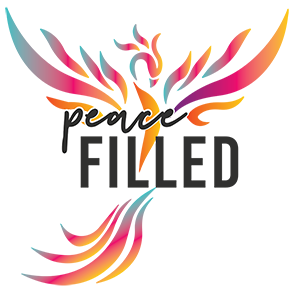What You Should Know Before You Start Therapy
f you’re considering therapy, it’s important to know that you’re not alone. Millions of people seek therapy every year to help them navigate life’s challenges and achieve greater emotional well-being. And – there are so many types of therapists and modes of therapy. You can find something that fits your needs.
As you look into starting your therapy journey, here are some things that may help:
It’s okay to be nervous
Starting therapy can be a big step, particularly if it is taboo in your culture. It’s natural to feel nervous or unsure about what to expect. Fear of the unknown is real, but if you are seeking help, acknowledge the fear and do it anyway.
Finding the right therapist takes time
Much like your primary care provider, therapists have different approaches and philosophies. You will want to reflect on they kind of therapist you’d like to have. Are you looking for traditional talk therapy? Do you want someone who takes virtual appointments? Would you like a more holistic approach? There’s a therapist for you and many hosting sites have descriptors that make it simple to narrow down your choices.
Take the time to research different therapists in your area, and don’t be afraid to ask questions or schedule a consultation before committing to a therapist.
Therapy is a collaborative process
Therapy is not a one-way conversation – it’s a collaborative process between you and your therapist. Your therapist will work with you to set goals and develop a treatment plan that is tailored to your unique needs and experiences. Rather than thinking of therapy as a place to go to get answers, consider that you are an active participant and contribute greatly to your own success.
Progress takes time
Therapy is not a quick fix – it’s a process that takes time and effort. Don’t be discouraged if you don’t see immediate results. With patience and perseverance, therapy can help you make meaningful and lasting changes in your life.
Even when you do see progress, many continue seeing their therapist. It can feel really good to release things you’ve been holding in a safe space.
Confidentiality is key
When you start therapy, you’ll be sharing personal and sensitive information with your therapist. It’s important to know that everything you say in therapy is confidential, and that your therapist is bound by ethical guidelines to protect your privacy.
Therapy is a powerful tool for healing and growth. By taking the time to find the right therapist and committing to the process, you can achieve greater emotional well-being and live a more PeaceFilled life.
Talk therapy not your thing? Consider trying text therapy, art or music therapy, or even holistic therapy. Some of my favorite places to find therapists are listed below!
Did you find this useful? If so, show us your support by following us on socials at @PeaceFilledCo and check out our offerings here.



